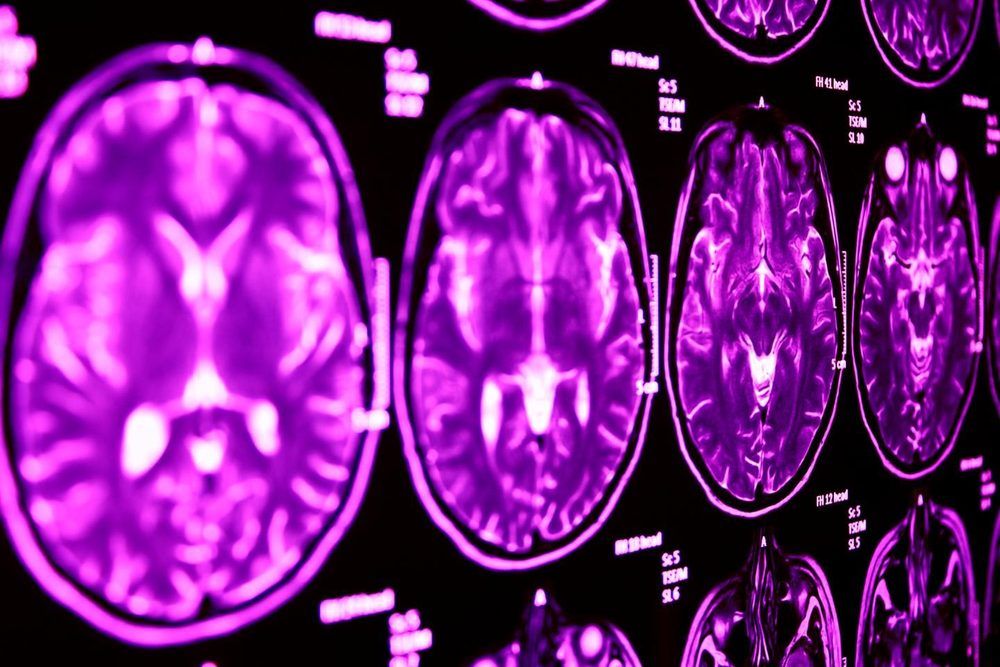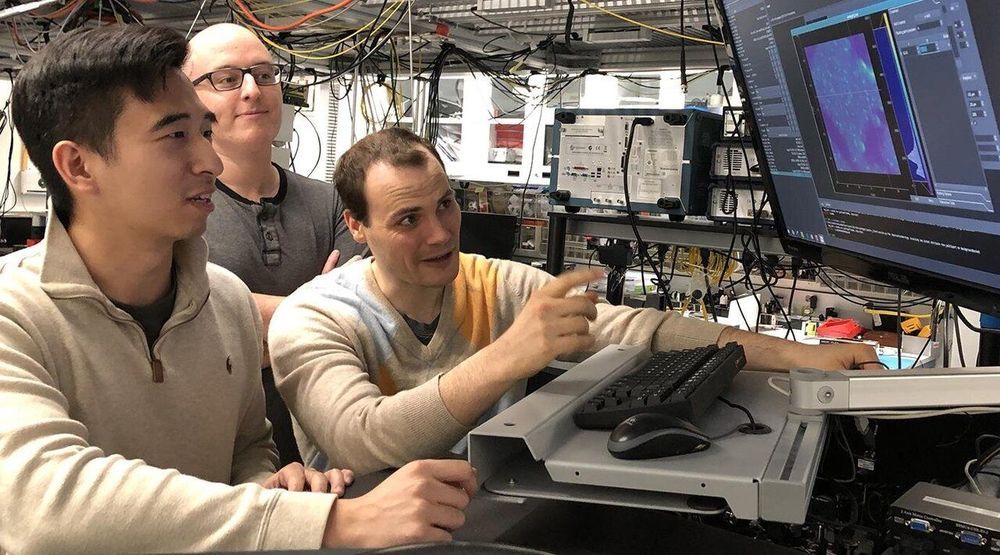After decades of miniaturization, the electronic components we’ve relied on for computers and modern technologies are now starting to reach fundamental limits. Faced with this challenge, engineers and scientists around the world are turning toward a radically new paradigm: quantum information technologies.
Quantum technology, which harnesses the strange rules that govern particles at the atomic level, is normally thought of as much too delicate to coexist with the electronics we use every day in phones, laptops and cars. However, scientists with the University of Chicago’s Pritzker School of Molecular Engineering announced a significant breakthrough: Quantum states can be integrated and controlled in commonly used electronic devices made from silicon carbide.
“The ability to create and control high-performance quantum bits in commercial electronics was a surprise,” said lead investigator David Awschalom, the Liew Family Professor in Molecular Engineering at UChicago and a pioneer in quantum technology. “These discoveries have changed the way we think about developing quantum technologies—perhaps we can find a way to use today’s electronics to build quantum devices.”








